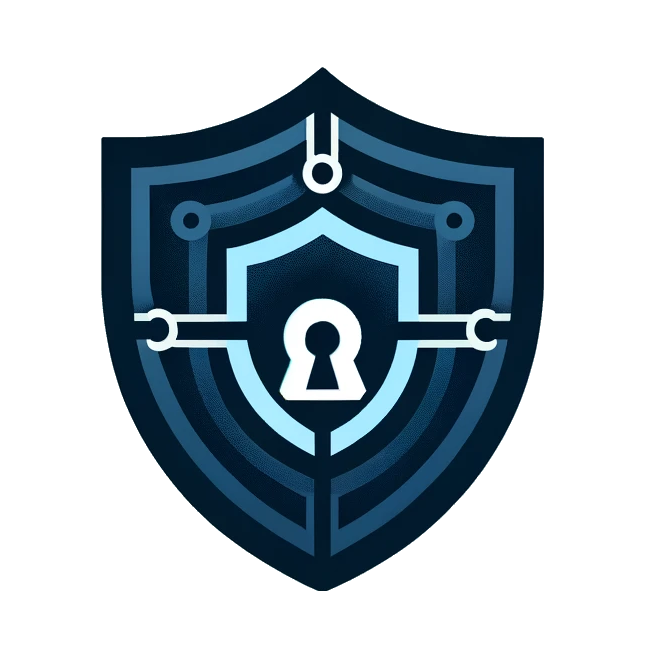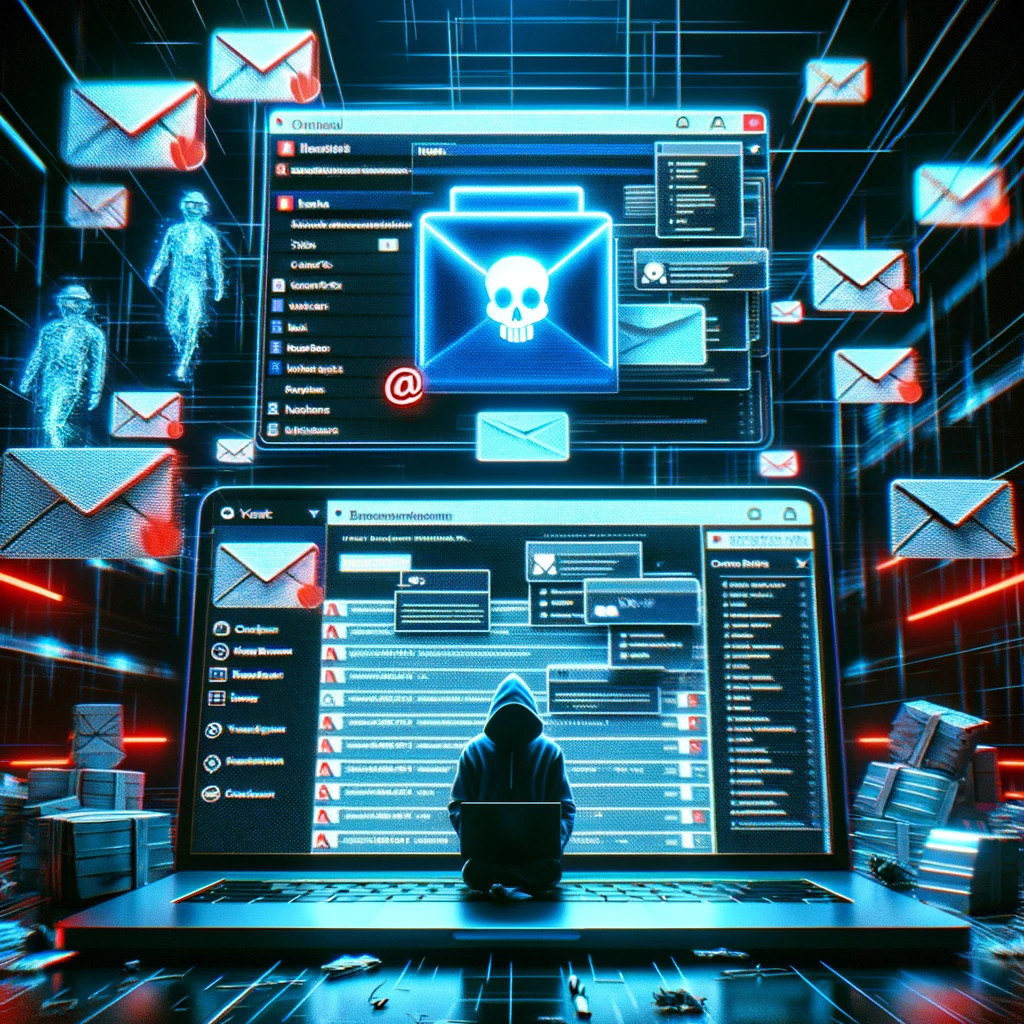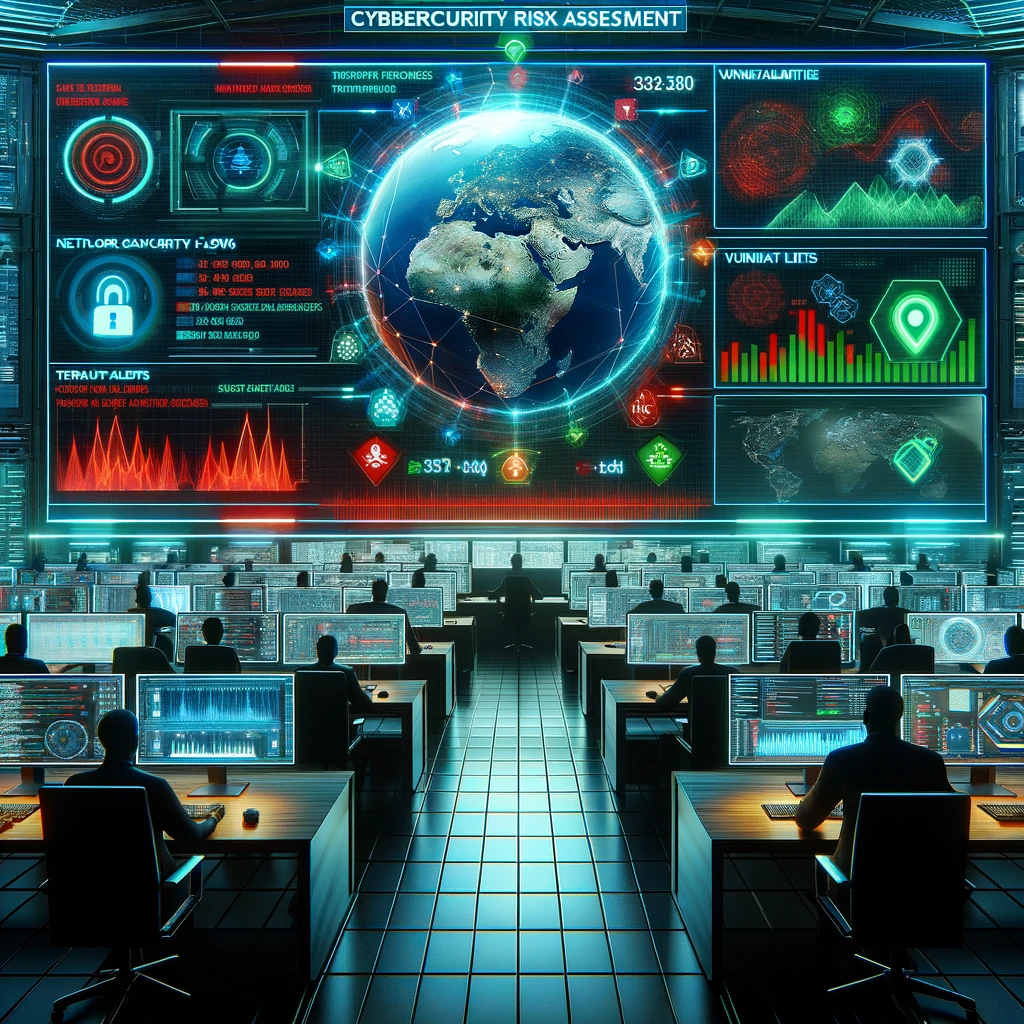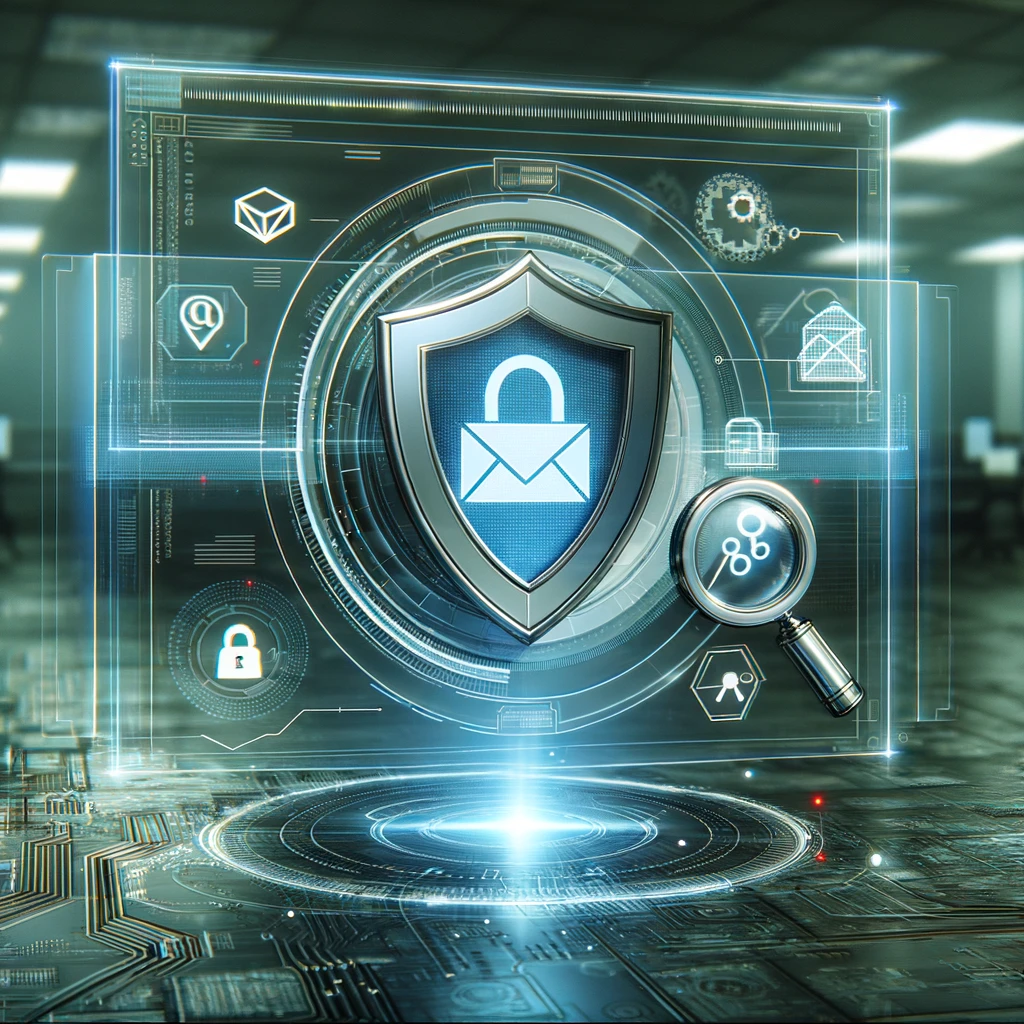In the realm of cybersecurity, technology often takes center stage. Firewalls, antivirus software, intrusion detection systems, and encryption are all critical components of a robust cybersecurity strategy. However, one of the most crucial elements is often overlooked: employees. Your workforce is both your first and last line of defense against cyber threats. Empowering employees with the knowledge and tools to recognize and respond to security threats can significantly enhance your organization’s cybersecurity posture. In this post, we will explore the importance of employee involvement in cybersecurity and strategies for fostering a security-conscious culture.
The Role of Employees in Cybersecurity
Employees play a pivotal role in cybersecurity for several reasons:
- Human Error: Many cyber incidents stem from human error. Clicking on a malicious link, falling for a phishing scam, or mishandling sensitive data can all lead to security breaches. Educated and vigilant employees can minimize these risks.
- Insider Threats: Insider threats, whether intentional or accidental, pose significant risks. Employees with access to sensitive information must be aware of the potential consequences of their actions and the importance of adhering to security protocols.
- Frontline Defense: Employees are often the first to encounter potential threats, such as suspicious emails or unauthorized access attempts. Their ability to recognize and report these threats promptly can prevent a security incident from escalating.
- Response and Recovery: In the event of a security breach, employees play a critical role in executing the incident response plan. Their actions can help contain the threat, mitigate damage, and ensure a swift recovery.
Building a Security-Conscious Culture
Creating a security-conscious culture involves more than just training sessions and policy documents. It requires a holistic approach that integrates cybersecurity into the everyday workflow and mindset of every employee. Here are some strategies to achieve this:
- Comprehensive Training Programs: Implement regular cybersecurity training programs that cover a wide range of topics, including phishing awareness, password management, data protection, and safe internet practices. Ensure that training is ongoing and evolves with emerging threats.
- Clear Policies and Procedures: Develop clear and concise cybersecurity policies and procedures. Ensure that employees understand their responsibilities and the steps they need to take to protect sensitive information. Make these documents easily accessible and regularly update them to reflect current best practices.
- Phishing Simulations: Conduct regular phishing simulations to test employees’ ability to recognize and respond to phishing attempts. Provide feedback and additional training to those who fall for simulated attacks, and celebrate those who identify and report them correctly.
- Promote a Reporting Culture: Encourage employees to report any suspicious activity or potential security incidents without fear of retribution. Create an easy and anonymous reporting process and emphasize that prompt reporting is critical to maintaining security.
- Leadership Involvement: Leadership should actively support and participate in cybersecurity initiatives. When executives prioritize cybersecurity, it sends a clear message to employees about its importance.
- Incentives and Recognition: Recognize and reward employees who demonstrate strong cybersecurity practices. Incentives can motivate employees to remain vigilant and proactive in protecting the organization.
Best Practices for Employees
Educating employees about specific best practices can further enhance their role in cybersecurity:
- Password Hygiene: Encourage the use of strong, unique passwords for different accounts and regular password updates. Promote the use of password managers to manage complex passwords securely.
- Email Vigilance: Train employees to recognize phishing emails and avoid clicking on suspicious links or attachments. Remind them to verify the sender’s email address and report any suspicious emails to the IT department.
- Data Protection: Ensure employees understand the importance of protecting sensitive data, both in digital and physical forms. This includes encrypting sensitive information, securing physical documents, and being cautious with USB drives and other removable media.
- Secure Remote Work Practices: With the rise of remote work, emphasize the importance of using secure networks, VPNs, and avoiding public Wi-Fi for accessing company resources. Encourage regular software updates and the use of secure communication tools.
- Device Security: Advise employees to secure their devices with strong passwords or biometric authentication, enable device encryption, and keep software up to date. Encourage the use of company-approved security tools and applications.
Conclusion
Employees are a crucial component of any effective cybersecurity strategy. By empowering them with the knowledge, tools, and support they need to act as both the first and last line of defense, organizations can significantly enhance their cybersecurity posture. Building a security-conscious culture, providing comprehensive training, and promoting best practices are all essential steps in leveraging the full potential of your workforce to protect against cyber threats. Remember, cybersecurity is a shared responsibility, and every employee has a vital role to play in safeguarding the organization.

Penetra Cybersecurity is at the forefront of defending the digital frontier, providing cutting-edge solutions to protect businesses and organizations from the ever-evolving threats of the cyber world. Established with a mission to create a safer internet for everyone, Penetra leverages a blend of advanced technology, expert knowledge, and proactive strategies to stay ahead of cybercriminals.
Ready to take the next step towards a more secure future? Schedule a consultation with us today and discover how we can help protect what matters most to you. Don’t wait until it’s too late—with Penetra Cybersecurity, your business isn’t just secure; it’s imPenetrable.




